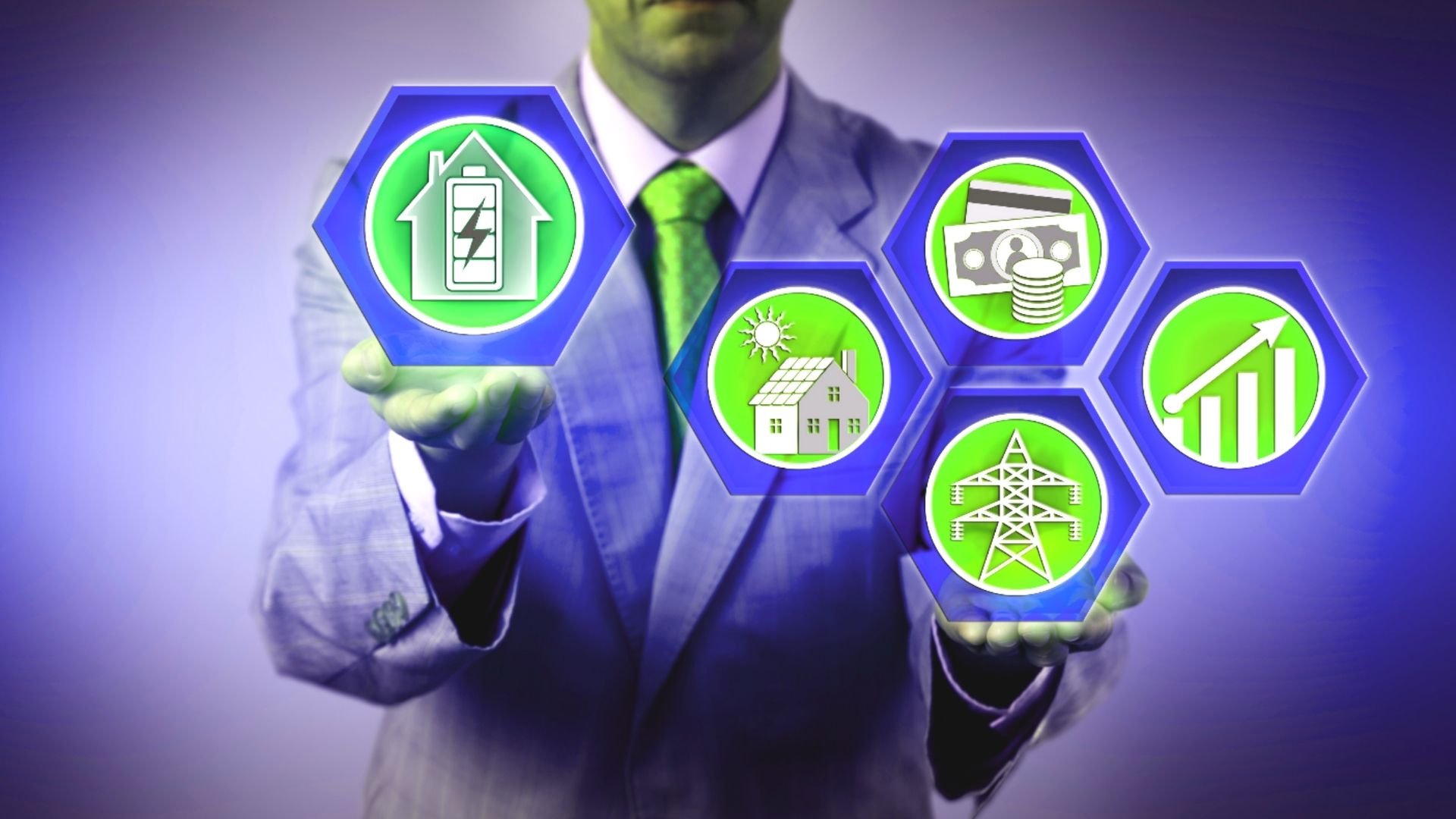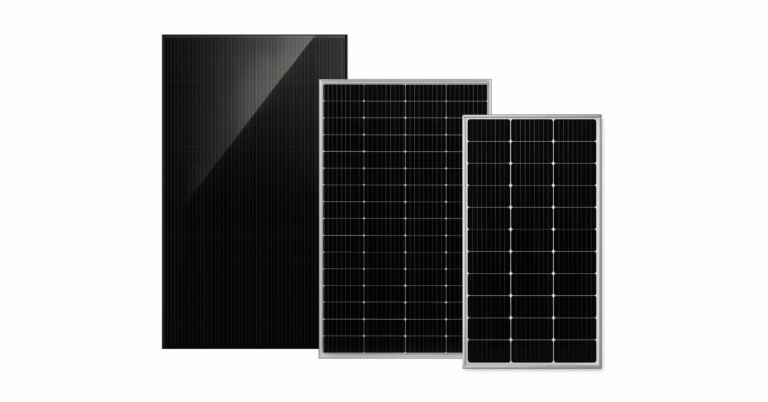No one likes to sit in a dark home during a power outage without heat or A/C. But traditional generator systems can be expensive, a pain to set up or put away, and harmful to the environment. That’s why many homeowners are turning to home battery backup systems.
These power sources can help keep the lights on and remain comfortable when your main power source goes down. But how much should you expect from your system–especially during an extended blackout? And what should you do to build the perfect backup system?
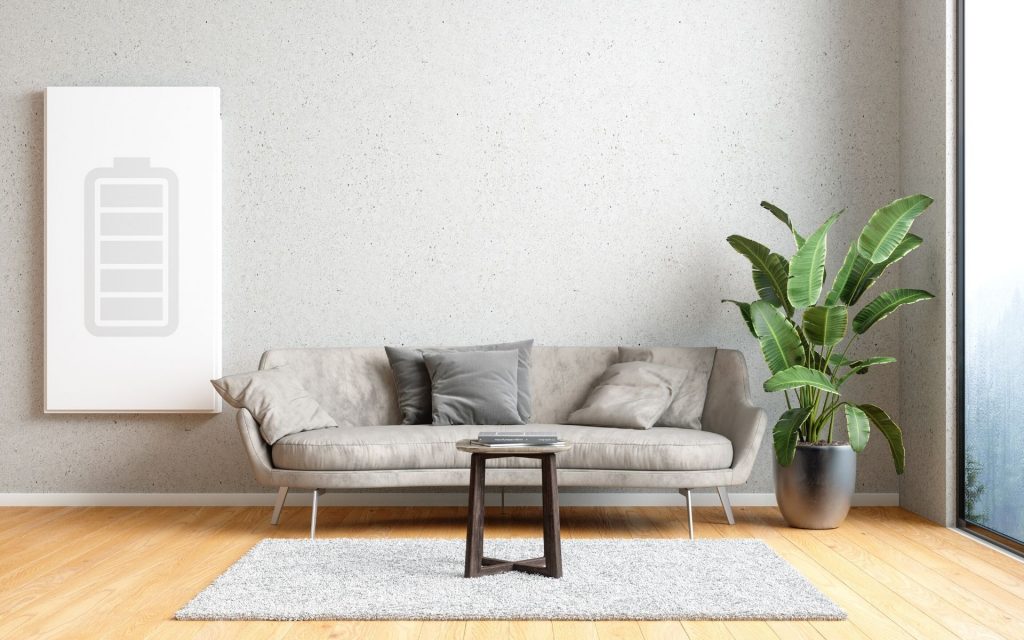
What is a Home Battery Backup?
A home battery backup system operates as a way to keep your entire house’s electrical system functioning when your standard power source goes down. Typically, this involves storing energy in a battery, which powers your appliances and outlets when the primary source is out.
With a backup system, your home’s normal electrical system and outlets remain the conduit of energy to your appliances and devices. So there’s no need to unplug or move items to access the electricity.
In addition, many of these systems will switch on automatically, so your home will take care of itself even when you’re not around. It helps to preserve refrigerators, climate control, and more.
How Does a Home Battery Backup Work with Solar Power?
In many cases, battery backups will charge themselves by using power from the grid when it’s available. However, these home battery storage systems can also include solar energy, allowing your batteries to recharge even during an extended outage.
With solar involved, you can keep the lights on, even if the power is out for longer than your home battery backups typically last. Solar power has its disadvantages, including the fact that it only works in sunny weather. But it’s still an excellent option for extended periods without power.
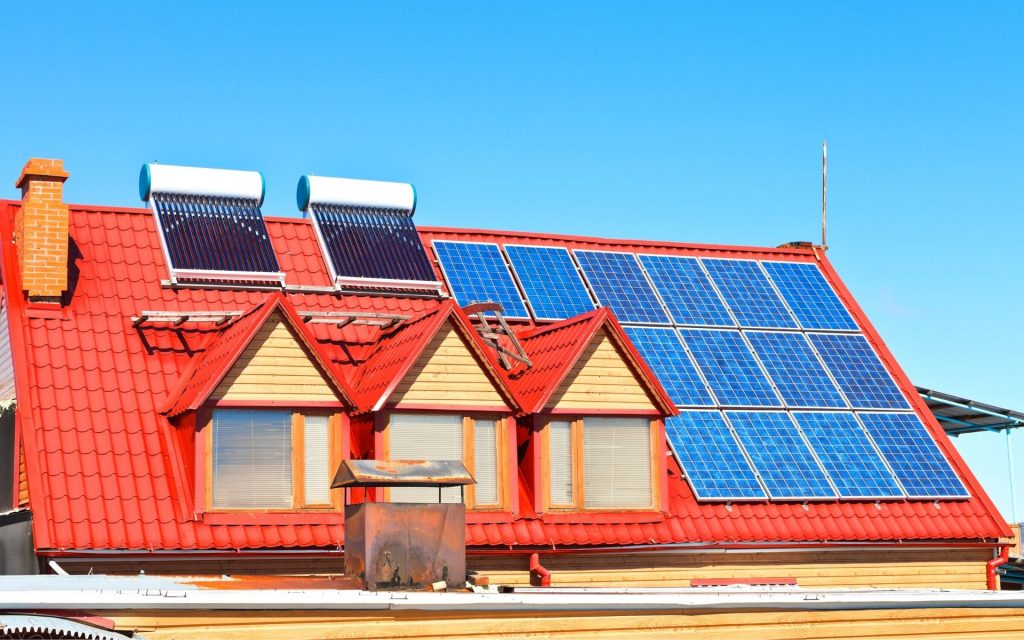
What Are the Benefits of a Home Battery Backup?
Installing a backup battery system comes with major benefits–some obvious and others less apparent. Here are some of the various ways these functional systems can improve your life.
Uninterruptible Power
Unfortunately, power outages are a part of life in many parts of the country, especially those that experience severe weather. For some, an extended outage is simply annoying, while it’s potentially life-threatening for those in extreme weather or those with medical conditions.
With a home battery backup system, you’ll enjoy the conveniences of electricity even when the main power grid is down. And unlike a generator, home battery backups are part of your home’s electrical system, meaning there’s no need to set them up or even turn them on when the power goes out.
Reduce Electricity Costs
When properly configured, these systems can even save you money! Many home backup systems with solar power can actually feed excess energy back into the grid. This can defer your regular energy costs.
You could even work the electrical fees to your advantage. Many companies charge more for electricity during the day and evenings when the power is in high demand. Late nights and early mornings often have more affordable energy costs.
So, you could charge your backup batteries overnight when demand and costs are low. Then, you could use the backup power during more expensive high-demand times, like the middle of hot days.
Provide Grid Support
In addition to saving you money, feeding power back into the grid literally gives back to your community. It can play a small part in helping to support the power grid on days where power demand is high.
Plus, you won’t have to draw power thanks to your backup system, which lightens the load on a grid that’s struggling to keep up. While a single home with backup power won’t help much, many homes with backups giving back to the grid can collectively make a noticeable difference.
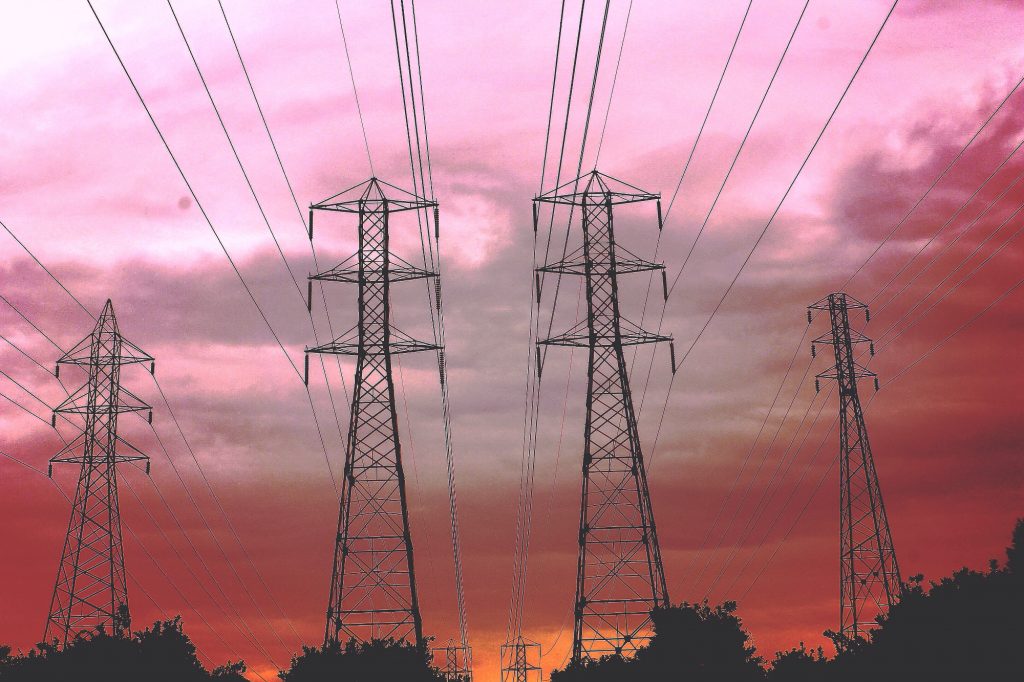
Low Emissions
Compared to other alternative power solutions like gasoline generators, home battery backup systems have few emissions. At worst, you’ll only create emissions while charging your batteries on the grid. At best, solar-powered systems can create sustainable, long-term backup power with no emissions whatsoever.
It’s a clear advantage for eco-conscious individuals or those seeking better home air quality.
Help with Public Safety Power Shut-Offs
In recent years, the unfortunate reality of extreme weather conditions has meant an increase in public safety power shut-offs. This refers to any time utility companies decide they need to turn off the power by choice to prevent damage to the lines or possible fires.
However, these stormy or hot and dry conditions often appear when you need electricity the most! That’s where you’ll especially appreciate home battery backup systems.
What Are the Challenges of a Home Battery Backup?
As helpful and valuable as home battery backups can be, there are certainly some challenges to designing and implementing them in your home. Here are some common ones homeowners might encounter while exploring home battery storage.
Battery Storage Limits
Storage is the limiting factor for many battery backup systems. A typical battery can only handle so much. Therefore, high-usage homes may need many batteries or simply deal with a short period of backup energy available.
Inverter Power Limits
Inverters take the DC electricity stored in your batteries and change it into the AC electricity your home appliances and outlets need. But inverters can only do so much.
Each inverter can only handle a certain number of kilowatts. Beyond that, your home can’t draw additional power, but you can use multiple inverters. Just remember that this further increases your costs.
Initial Investment
It’s no secret that batteries and inverters can be expensive, especially when homeowners opt for top brands or high-capacity batteries. Not everyone has the upfront cash available to purchase all the components of a functioning system.
And that’s not even considering the cost to install it, which can be a significant expense as well. This is one of the top reasons many homeowners skip backup power.
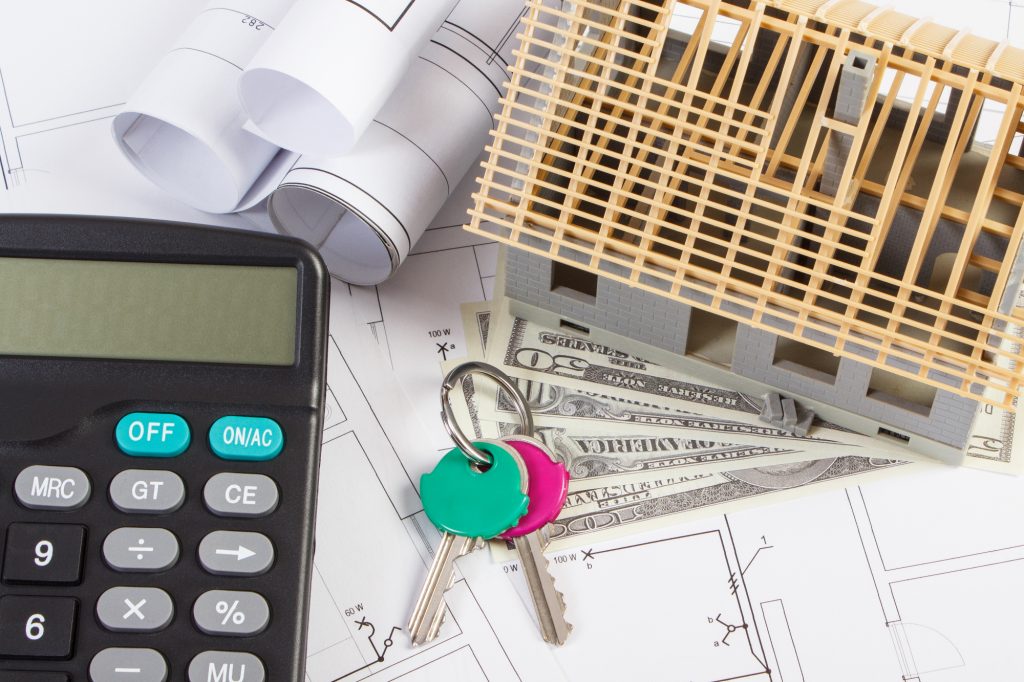
How to Achieve Whole-House Battery Backup Today
It may not be easy or cheap, but a whole-house battery backup system is possible with careful planning.
The first step is to calculate the energy usage of all the systems, appliances, and other items you wish to power during a blackout. Look for the wattage in a user manual, on the product label, or online. Add up the total wattage, multiply this by the number of hours you’ll need your system to operate, and divide by 1,000. You’ll have the total kilowatt-hours of energy your batteries must produce.
Example: [500 W (total) x 10 hours] / 1,000 = 5 KWh
For those using solar, factor in the energy your panels produce during daylight hours. Add up the solar panel wattage and divide by 1,000 to determine the kilowatts needed. Then, multiply this by the number of hours of optimal sunlight your panels receive each day to find how much your solar system will generate daily.
Example: 200 W / 1,000 = 0.2 KW ; 0.2 KW x 8 hours = 1.6 KWh
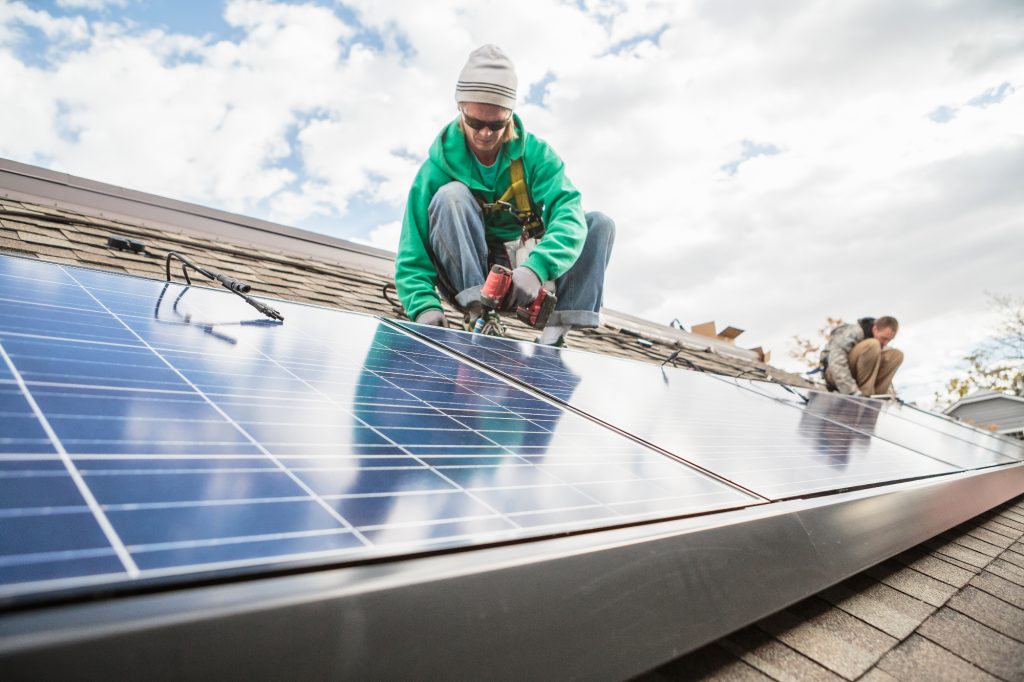
If you want a fully self-sustaining backup system, you’ll need a system that generates more kilowatt-hours than your appliances need daily. For systems that don’t meet that capacity, determine the net energy your system will use daily or hourly. Use it to calculate how long it will last for a given battery source.
Unfortunately, many homeowners will face a version of “sticker shock” when they calculate exactly how much energy they’ll need to operate their homes as usual. This isn’t terribly surprising, as few people truly consider their power usage outside of how it affects their monthly bill.
You could only power essential appliances or portions of your home through your backup system rather than everything. As always, these decisions will depend on your comfort level and budget.
Looking to the Future: Better Battery Technology and Reduced Costs
When you look at how far this technology has come in recent decades, it’s easy to see a bright future where home battery backup systems are the norm rather than the exception. Battery technology is improving every year, including recent advancements in solid-state batteries that could revolutionize the field.
These improvements could drive down home battery backup system prices and make them more accessible for homeowners. One day, we may see these backups become as normal a part of a home as an air conditioner or even running water!
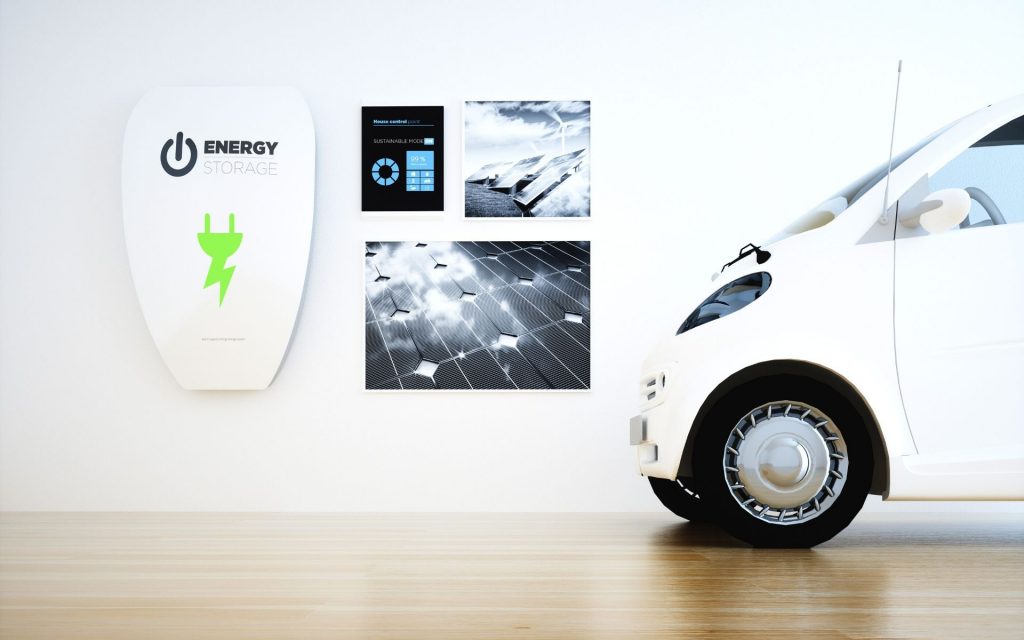
Should You Invest in a Home Battery Backup System?
Home battery backup systems may seem complicated, but they’re actually a constructive and convenient way to avoid the inconveniences and potential dangers of power outages. When paired with solar power, they provide a clean, renewable way to keep you and your loved ones comfortable even during extended outages.
Home battery storage may be the power outage solution of the future–so be the first one on your block to enjoy lights and comfort as your neighbors break out the candles and generators.
Do you think a backup system is worth it?
